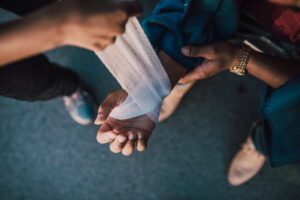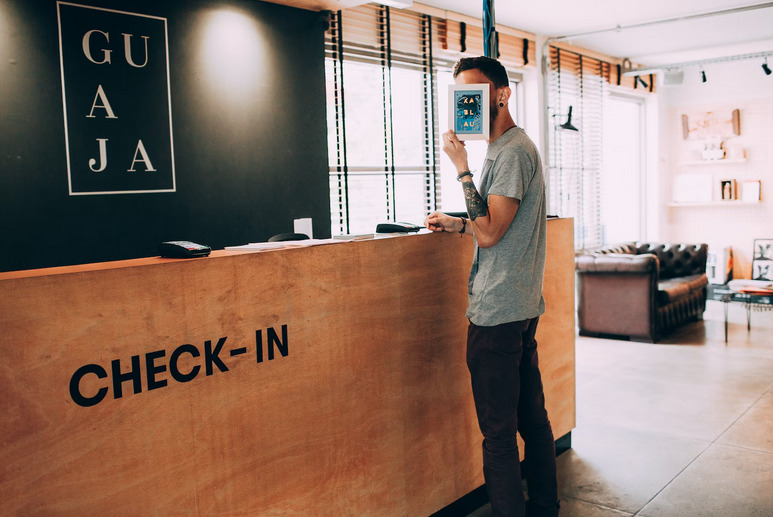Travelers often look forward to relaxing and enjoying their time at hotels and resorts. However, accidents can occur, and understanding liability in such cases is crucial for travelers. Travel injuries and lawsuits are two crucial topics that every traveler should be made aware of since hotel and resort accidents have been encompassing a wide range of incidents, including slips and falls, swimming pool accidents, food poisoning, and more. In this discussion, we will explore key factors that every traveler should know about liability in hotel and resort accidents.
Duty of Care

Hotels and resorts have a legal obligation to provide a safe environment for their guests. This duty of care requires them to take reasonable measures to prevent accidents and injuries. Examples of fulfilling this duty include proper maintenance of premises, regular inspections, and adherence to safety regulations. Travelers should be aware that hotels and resorts are responsible for ensuring their safety and well-being during their stay.
Negligence
 To establish liability, it is important to prove negligence on the part of the hotel or resort. Negligence refers to the failure to exercise reasonable care, resulting in harm to others. For example, if a hotel does not promptly clean up a spill on the floor, leading to a slip and fall accident, they may be considered negligent. Travelers should gather evidence such as photographs, witness statements, and medical records to support their claim of negligence.
To establish liability, it is important to prove negligence on the part of the hotel or resort. Negligence refers to the failure to exercise reasonable care, resulting in harm to others. For example, if a hotel does not promptly clean up a spill on the floor, leading to a slip and fall accident, they may be considered negligent. Travelers should gather evidence such as photographs, witness statements, and medical records to support their claim of negligence.
Third-Party Liability
In some cases, hotels and resorts may not be directly responsible for an accident, but they can still be held liable for the actions of third parties. If a hotel or resort fails to provide adequate security measures, resulting in a guest being assaulted or robbed, the establishment may be deemed responsible for the third party’s actions. Travelers must know their rights and understand when the hotel or resort could be held responsible for the actions of others.
Notice Requirements

In hotel and resort accidents, it is essential to notify the management promptly. Many establishments have specific procedures for reporting accidents or injuries. Failure to give proper notice may affect the traveler’s ability to pursue a claim later. Travelers should document the incident, including photographs of the scene, obtain medical attention if needed, and report the incident to the appropriate personnel at the hotel or resort.
Understanding liability in hotel and resort accidents is essential for travelers to protect their rights and seek appropriate compensation for any harm suffered. Hotels and resorts have a duty of care towards their guests and must take reasonable steps to ensure their safety.…

